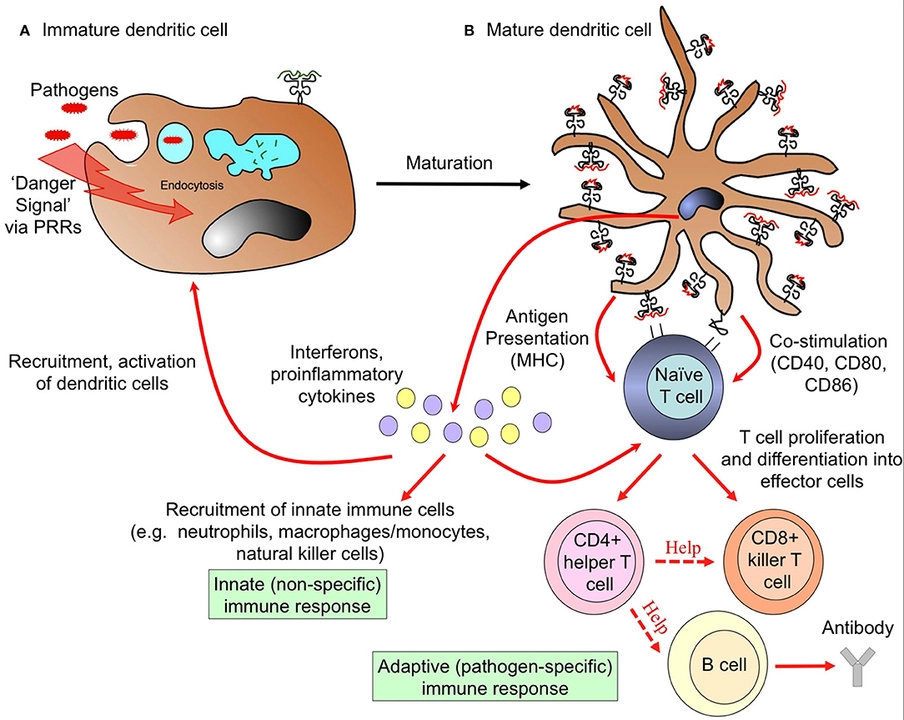Immune system: what it does and what you can do
Your immune system does more than fight a sniffle. It decides how fast you recover, how vaccines work, and how medications like antivirals or antibiotics will help. On RxCanadaPharm we break down what actually supports immunity and what’s just marketing noise.
Everyday habits that help
Sleep matters. Aim for 7–9 hours most nights — poor sleep lowers immune responses and makes infections more likely. Eat protein and a mix of colorful veggies and fruits; they supply amino acids and vitamins your immune cells need. Vitamin D and zinc can help people with deficiencies; check a blood test before adding high doses.
Move regularly but don’t overdo it. Moderate exercise (like brisk walking) boosts circulation and immune surveillance. Manage stress with simple tools: short walks, deep breaths, or a 10-minute wind-down routine. Stress hormones can blunt immune function over time.
Cut back on alcohol and tobacco. Both weaken immune defenses and raise infection risk — the same message we highlight in our heart and lung health pieces. Hydration and basic hygiene (handwashing during high-risk seasons) still work; they lower your immediate exposure to germs.
Medications, infections and when to see a doctor
Some infections need medicines, while others don’t. Antivirals like famciclovir (Famvir) help herpes and shingles when started early. Antibiotics should be used only for bacterial infections — misuse fuels resistance and harms your gut microbiome. We cover safe antibiotic alternatives and drug choices in several articles like "7 Effective Alternatives to Zithromax" and guides on Amoxil alternatives.
Steroids like prednisone suppress the immune system; if you take them regularly, ask your clinician about steroid-sparing options (we review alternatives). For addiction treatments such as naltrexone, know that medication can change infection risk indirectly through behavior and health access — read dedicated guides before changing therapy.
Vaccines train the immune system without causing disease. If you’re unsure which vaccines you need, talk to your healthcare provider — especially if you have chronic conditions, are on immunosuppressants, or plan travel. For serious infections like tuberculosis, follow medical protocols; traditional remedies may help with symptoms but do not replace antibiotics and public-health treatment.
If you have high fever, breathing trouble, sudden confusion, or symptoms that get worse despite home care, seek medical attention. For safe medication purchases online, check our comparisons and pharmacy safety guides to avoid counterfeit drugs and delays in treatment.
Want practical reading? Start with our Famvir guide for antivirals, the TB article for infection care, and pieces on antibiotics and prednisone alternatives. Use facts, tests, and your clinician’s advice — that’s the best way to keep your immune system working for you.
The Impact of Atenolol-Chlorthalidone on Immune System Function
In my recent research, I discovered the significant impact of Atenolol-Chlorthalidone on immune system function. This combination drug is commonly prescribed to manage high blood pressure, but it's important to be aware of its potential effects on our immunity. Studies have shown that Atenolol-Chlorthalidone can suppress the immune response, making it harder for our bodies to fight off infections and illnesses. The drug may also interfere with the production of white blood cells, which are crucial for a healthy immune system. As always, it's important to consult with your doctor before making any changes to your medication and to weigh the potential benefits and risks.
